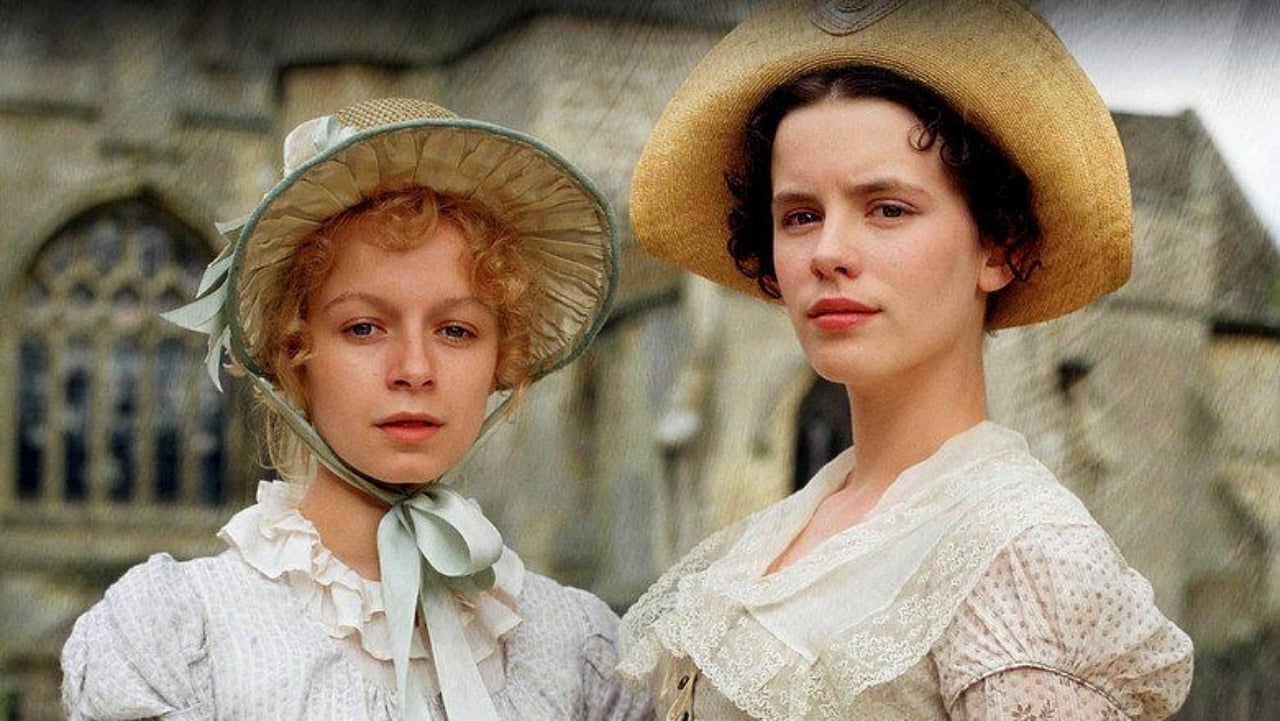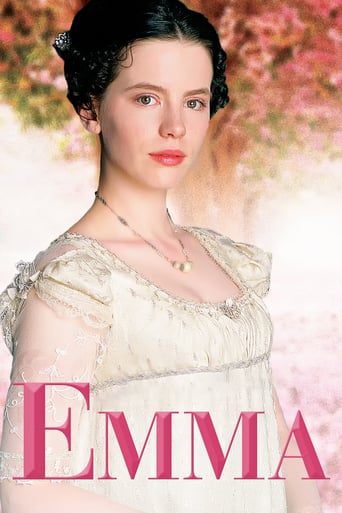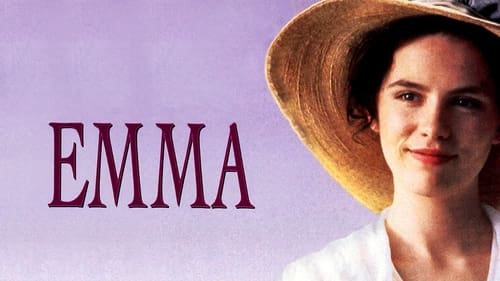


Emma Woodhouse (Kate Beckinsale) has a rigid sense of propriety as regards matrimonial alliances. Unfortunately she insists on matchmaking for her less forceful friend, Harriet, and so causes her to come to grief.Inevitably, this must be compared to the other "Emma", starring Gwyneth Paltrow, as they came out around the same time. For what it is worth, I think they both have their strengths. Paltrow's "Emma" has the benefit of a bigger budget, so everything looks better and makes for a stronger film. Beckinsale's "Emma" looks cheap, but has one thing in its favor: Beckinsale, who seems to really get into the character.Both have the familiar lines (I'm sure neither deviated too far from the novel). Had Beckinsale been cast in the Paltrow version, we may have seen the ultimate presentation of this literary classic.
... View More"Emma" one of the most beloved novels by Jane Austen, is perhaps a bit different from the others in that the heroine is not as much interested in the society around her, as much as her desire to make people happy. The 1996 television adaptation of the Austen novel came at about the same time as the big screen production showcasing Gwyneth Paltrow in the title role.In this version, Emma is perhaps more earthy than the one in the film. She is warmer, perhaps more down to earth. After successfully being instrumental in getting her former nanny married to Mr. Weston, she destines the unpretentious Harriet Smith to be interested in Mr. Elton, the parson, not realizing it was not meant to be. Emma is taken aback with the revelation of the engagement of Jane Fairfax to Frank Churchill, something she did not count on because she was under the impression he cared for her. Her disappointment turns out to be what propels Mr. Knightly in coming around to declare his love for her, something that she realized was all she ever wanted for her own happiness.Director Diarmuid Lawrence does justice to Andrew Davies' screen adaptation. It is a more realistic approach. Mr. Lawrence was blessed with a strong cast and an inspired performance by Kate Beckinsale, as Emma. The excellent Mark Strong as Knightley is an asset for this production. Others that excel in the cast are Samantha Morton, whose Harriet is perfect. Olivia Williams as Jane Fairfax. Handsome Raymond Coulthard appears as Frank Churchill. In supporting roles, Bernard Hepton, James Hazeldine, Prunella Scales, Samantha Bond, and Dominic Rowan, contribute to make this a memorable "Emma".
... View MoreEmma is my favourite Jane Austen novel - Emma is well-meaning despite her flaws, so readers can forgive and love her, and the relationship she has with Mr Knightley, which is warm, familiar, respectful but playful, generating that warm, fuzzy, romantic excitement. Mr Knightley is the perfect man, and Emma is as close as you could get in those times to an independent, clever, confident woman - remember, she is only 21, and was sure to have matured and grown out of her flaws. Who doesn't want to be Emma? Who doesn't want to be told off by Mr Knightley? This version of Emma gives you no sense of the things that I love about Emma. I couldn't even finish watching it, I just found it so awful. I couldn't see that warm, generous side of Emma, which drives the reader to love her: The patience and warmth she shows to her father; the closeness between her and Mrs Weston, which demonstrates her willingness to put her friend's happiness above her own (as she sacrifices the only equal companion in her household by forwarding Miss Taylors marriage). Mr Woodhouse's character in this adaptation just appears bizarre, rather than just quaint, elderly and a bit trying.This adaptation most importantly fails bring to life the relationship between Mr Knightley and Emma. Their relationship is built on mutual respect and affection: Mr Knightley is indulgent of Emma's minor faults trusting that her intelligence and genuine care for others will never allow her to go terribly astray; and Emma looks up to him, though playfully hiding this and continuing to use her own judgement. The dressing down he gives her right at the beginning of the show completely overstates the argument between them, and ruins all possibility of portraying the nature of their relationship as I've described above. Mr Knightley is also insufficiently attractive to bring to life the sexual tension between the leads (or to inspire any admiration from the female viewers).Really horrible. I can't understand why anyone who truly like the novel Emma could like it, unless it miraculously redeems itself after the point I switched it off.
... View MoreThis is the best Emma in existence in my opinion. Having seen the other version (1996) which is also good, and read the book, I think I can safely say with confidence that this is the true interpretation and is the most faithful to Jane Austen's masterpiece. The 1996 movie with G. Paltrow is good too, it's just that it's almost like a different story altogether. It's very light and fluffy, you don't see the darker edges of the characters and if you just want a pleasant movie, that one would do fine but the intricacies of some of the plot points, such as the Churchill/Fairfax entanglement is so much glossed over as to be virtually non-existent. But if you want the characters fleshed out a bit, more real and multidimensional, the 1996 TV version is the superior. Emma is a remarkable person, but she is flawed. Kate Beckinsale is masterful at showing the little quirks of the character. You see her look casually disgusted at some of the more simple conversation of Harriet Smith, yet she shows no remorse for having ruined Harriet's proposal until that action has the effect of ruining her own marital happiness at the ending. You see her narcissism and it mirrors Frank Churchill's in that they would do harm to others to achieve their own aims. For Emma, it was playing matchmaker and having a new friend to while away the time with after having suffered the loss of her governess to marriage. For Frank Churchill, it is securing the promise of the woman he loves while treating her and others abominably to keep the secret. In the book, she realizes all of this in a crushing awakening to all the blunders she has made. Both Kate Beckinsale and Gyneth Paltrow are convincing in their remorse but Paltrow's is more childlike and stagnant while Beckinsale's awakening is rather real and serious and you see the transition from child-like, selfish behavior to kind and thoughtful adult. Both versions are very good but I prefer this one.
... View More